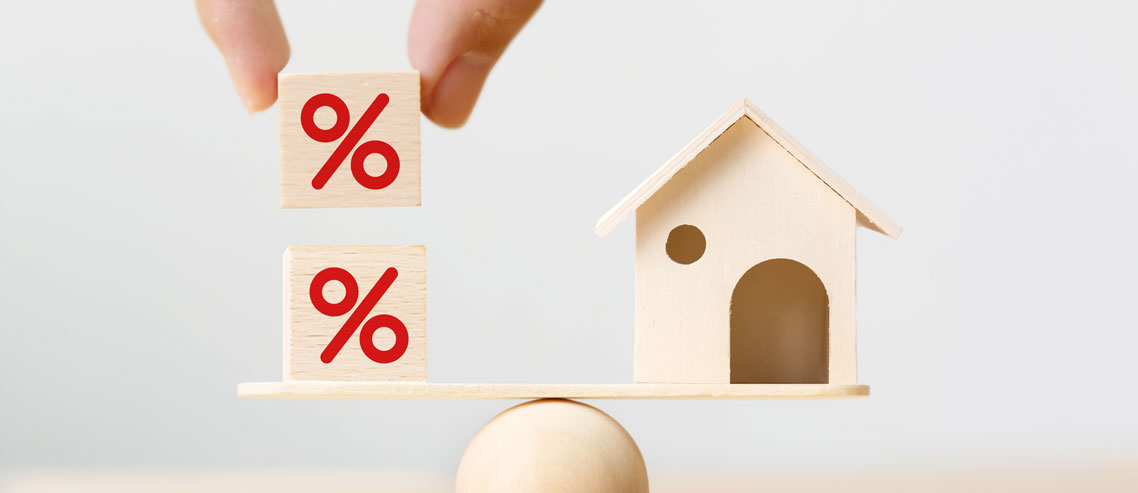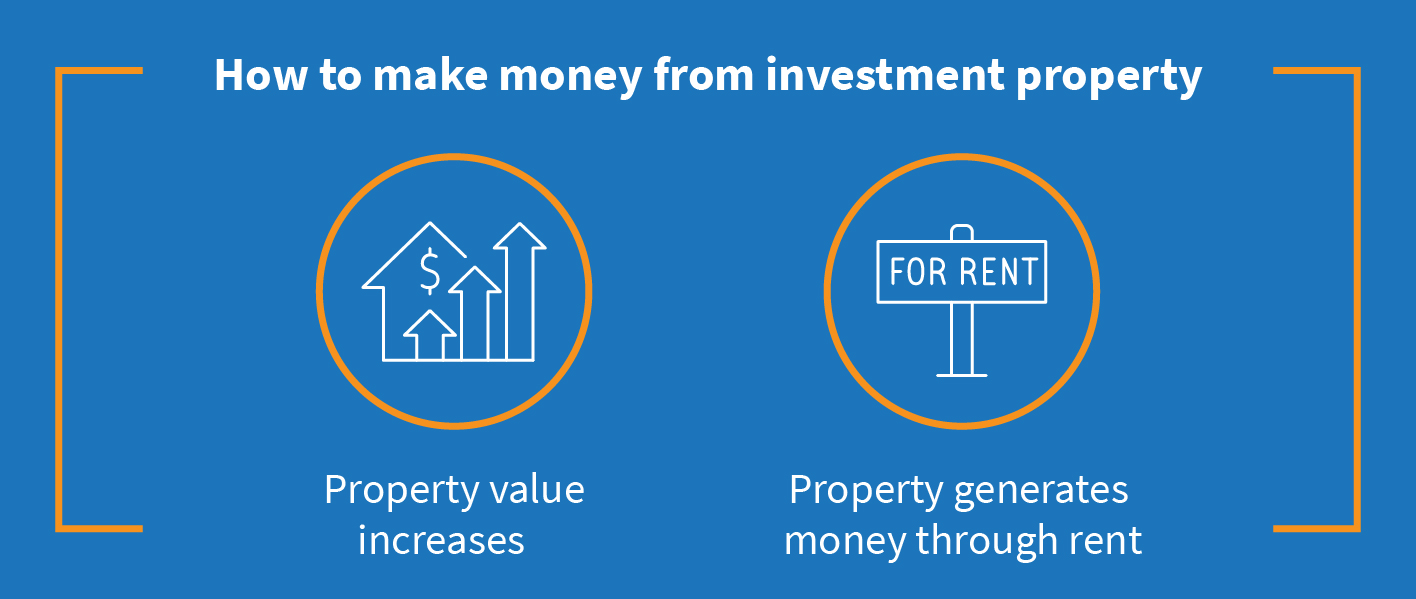Does property investment make sense in times of high inflation?

Living costs are rising at an unprecedented rate. According to the Office for National Statistics (ONS), the consumer prices index measure of inflation rose by 5.5% in the 12 months to January 2022. This is the highest level in three decades. Inflation affects every aspect of life, including your savings, everyday expenses and your investments. With the past few years seeing extraordinary housing prices growth, many are still looking into investing in property in 2022. But does property investment make any sense in times of high inflation?
While landlords are not immune to the effects of inflation, with the addition of maintenance costs rising too, the property can be a good investment to offset the impact of inflation in the long term.
High inflation: are rising costs a block to investments?
Those who didn’t make the move before the recent inflation spike might be concerned that rising inflation would have a negative impact on their ability to invest profitably in the rental market.
With energy bills increasing across the UK: the average household will see bills increase by up to £700. This will impact landlords and tenants alike as the spending power of tenants might drop with higher energy expenditure. If wages don’t keep up with the inflation, everyday life can get very expensive. However, in general, as long as people have an income, they tend to pay the “big expenses” such as debt or rent first, so there’s little fear of a housing market crackdown anytime soon.
Related: When is the right time to invest in property?
On the other hand, mortgage costs have already increased and are likely to continue to rise. The bank base rate is likely to sit higher than 2% in 12 months’ time. For investors who have taken advantage of record-low interest rates, those increases would lead to noticeably higher mortgage repayments. Those who are planning to secure a mortgage should also be aware that their repayments might be higher due to higher interest rates, or their borrowing power might be lower.
High inflation: Property investment route

Let’s see how investing in the property even during high inflation can still be profitable to landlords. In a nutshell, by tying an income-generating rental property to long-term fixed interest rate debt, your investment will keep increasing in value, while your debt (however higher it becomes) will be paid by the tenants.
Crunching the numbers
First of all, at the current day, property prices have increased by 14% and are rising almost three times faster than the inflation levels (5.5%). While this might be influenced by the last two year’s record low-interest rates as explained in the paragraph above, stamp duty tax holidays and the general boom in the UK housing market, the house price growth predictions remain higher than the inflation rate.
Therefore, the brick and mortar investment has the potential to actually beat the inflation only in you were to benefit from the asset’s increase in value, but as a buy-to-let landlord, you will basically only invest a fraction of the house (the deposit), and rest, in theory, would be paid off by the rental income.
The bottom line: property investment and inflation
While the impact on high inflation can have a negative impact on the property investment in the short term, the longer-term prospects for the property investment can be indeed positive. Brick and mortar are known to be one of the best inflation-beating assets one can consider investing in. Savings accounts with their low-interest rates and stock markets’ volatility makes these two investment options a risky choice if one’s goal is to beat the inflation.







